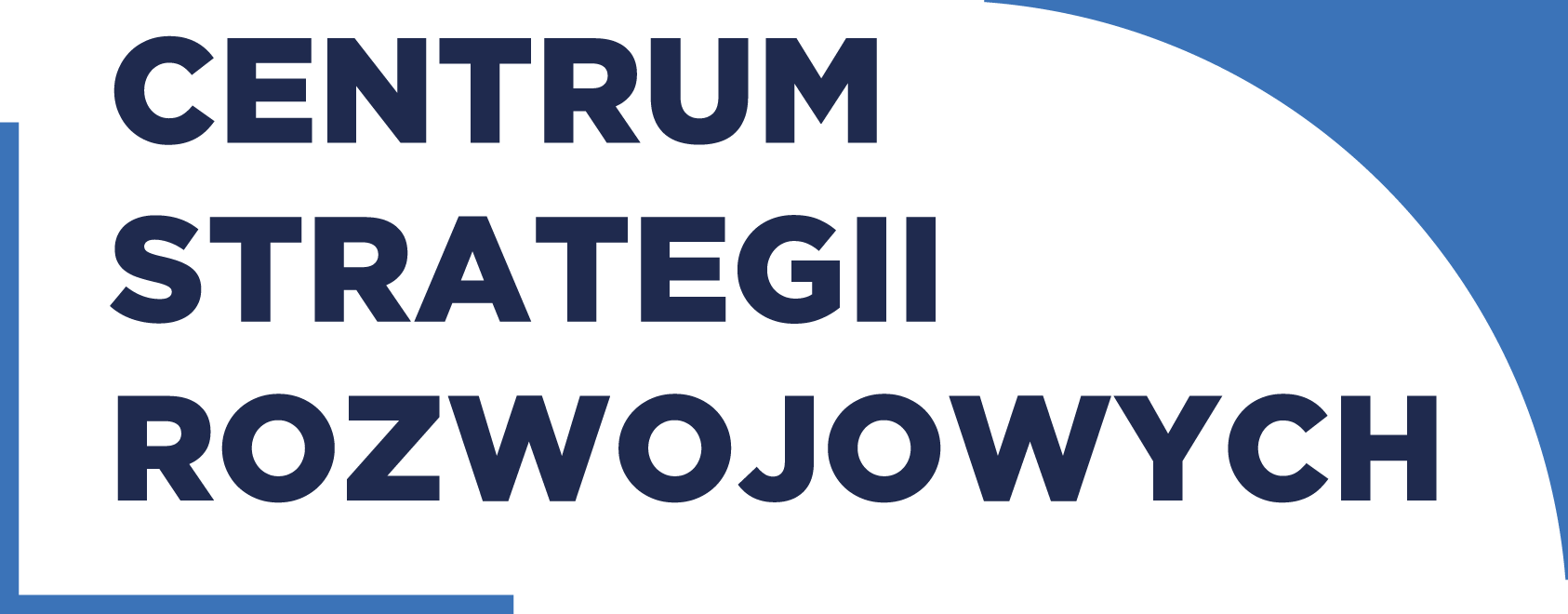The “political” history of humanity spans over 11,000 years! Its beginning can be traced back to the establishment of the world’s first city—Jericho—which, by its very nature, compelled the then-existing human societies to develop a certain kind of socio-political system. This system was necessary for the maintenance and functioning of an entity as complex as a city. It had to be more “developed” than the systems that existed earlier during the hunter-gatherer phase of human existence. Thus, it can be said that this marked the inception of “politics” in a sense closer to the modern understanding of the term.
Nine thousand years (!) after the founding of Jericho, a new “era” begins, marked by the birth of the founder of the Christian religion—Jesus Christ. “Our” era, lasting a mere 2,024 years so far, is significantly shorter than the preceding one. During this long period of humanity’s existence before the birth of Jesus Christ, new states and cultures emerged and fell, while countless individuals lived their lives pondering not only how to live most effectively but also how to build what was already referred to as the common good. This process unfolded almost simultaneously in various parts of the world. One need only mention Confucius and Plato—forebears of two distinct civilizational spheres—who analyzed how to most effectively organize the existence of the political world.
In the New Year, Poland will celebrate the 1,000th anniversary of achieving formal political independence. The coronation of Bolesław the Brave in 1025 can be seen as a symbolic moment marking the attainment of full sovereignty on the international stage. Some might trace this achievement back to the year 1000 (the Congress of Gniezno) or even 966 (the baptism of Mieszko I). However, from a legal and political standpoint, the coronation held the greatest power and symbolism.
The Center for Development Strategies, in its formal structure, has existed for only four months. Considering the aforementioned historical perspective, it is difficult to venture any form of “summary.” However, it is important to recognize that the ideas underpinning the Center’s establishment—most succinctly expressed as the search for development models that are both the most effective and the most capable of safeguarding the common good—have been central to humanity for millennia.
In our view, the best model involves building and strengthening socio-political consensus, both at the level of major strategic decisions and in the realm of specific projects or legislative solutions. Drawing an analogy to the concept of ordo caritatis introduced by St. Thomas Aquinas, we begin with Poland, extending through Central and Eastern Europe and the European Union, the Euro-Atlantic civilizational sphere, and ultimately toward the global common good.
The essential foundation for building consensus is dialogue, which has been our focus over the past months. Creating spaces for dialogue naturally involves organizing meetings. Over these four months, we have successfully held several highly impactful events with a broad range of stakeholders, such as the In-House Connections series for representatives of administration and business.
We have participated in discussions on nuclear energy, European emissions trading system regulations, and sustainable agriculture—engaging at both local levels (e.g., the Regional Advisory Group meeting for the MIDAS Project) and international platforms (e.g., the presence of our expert at the UNCCD COP16 in Saudi Arabia’s capital).
We are fully aware that dialogue and the building of genuine consensus often require silence, calm, and discretion. For this reason, we avoid taking photographs during the events we organize. Although we have existed for only four months, this practice has already become an integral part of the character of our meetings.
Of course, we do not shy away from publicly voicing our opinions, as evidenced by our participation in public consultations on strategic documents for Poland, including those in the area of climate policy.
In the near and distant future, we plan to strengthen both pillars of our activity: substantive work and the creation of spaces for dialogue. We are already pleased to invite you to a meeting on January 23, which will coincide with the premiere of our first report, “Rethinking Community: What Are Developmental Consensus Models?”
In February, we will host discussions on challenges related to demographics and migration, as well as security in the context of the third anniversary of Russia’s aggression against Ukraine. Throughout the upcoming year, we will also focus on fundamental issues for Poland, such as healthcare, energy, and broadly understood security.
Instead of traditional New Year’s wishes, I would like to invite you to co-create the Center for Development Strategies. If you recognize the need to build consensus in areas crucial for Poland and the world, we warmly encourage you to join us in this endeavor. Let us adopt as our shared motto the famous words of Marcus Tullius Cicero: Non nobis solum nati sumus—”Not for ourselves alone are we born.”





